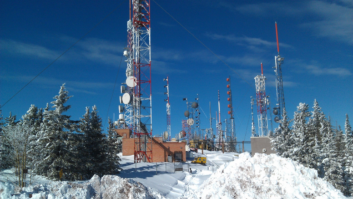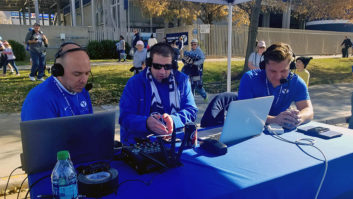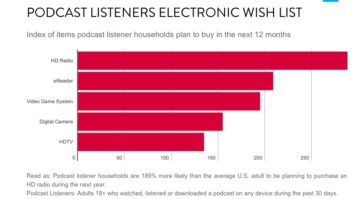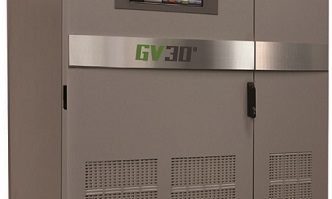A report card on HD Radio
Sep 1, 2006 12:00 PM, Chriss Scherer

While the HD Radio revolution continues to make its way through stations and to consumers, I figured that it was time to evaluate the presence of HD Radio in the stores. This has become an annual field trip where I visit a store, ask questions and decide if HD Radio is finally making its way into the hands and minds of consumers. The last time I reported on my field study was in the August 2005 issue.
I visited two national electronics retailers: Best Buy and Circuit City. I have visited these retailers before, so the return visits were a good opportunity to determine the current status. Neither store had any home or tabletop HD Radio receivers, so I moved to the auto sound department. When a sales person approached me, at both stores they started with the question, �Can I help you with something?�
I answered, �Tell me about HD Radio.�
In previous visits, this question was always answered with, �Do you mean satellite radio?� Not this time. I was surprised (but pleased) that both sales people knew what HD Radio was and even knew something about how it worked. This gave me hope that the revolution had arrived. The truth is that word of the revolution had arrived, but the battle is still raging.
The opening question led to a discussion of the technology. I was told the basics of the technology, although I was spared the �FM sounds like a CD and AM sounds like FM� analysis. Instead, I was told how some stations transmit the signals, some do not. I was told that the bit rate of HD Radio is much higher than satellite radio.
Unfortunately, I was not being sold on the idea. Instead, both sales people asked me if I had considered satellite radio. I never mentioned satellite radio, but they were ready to tell me all about it. I’ll give them the benefit that they have been satellite radio listeners for several years already.
The pressure was on me to forget HD Radio and buy satellite. I took a defensive position and questioned them as to why satellite is better than HD Radio. I was told that satellite radio is everywhere. HD Radio is only in a few places. One point for satellite. I was told that satellite has no commercials, unlike HD Radio. That’s only partially true, and I expect that the commercial-free channels will begin to diminish, so call that a tie.
The argument that really perked my interest was presented by the Circuit City sales person. He told me that satellite radio is cheaper than HD Radio. This begged for clarification. I was told that HD Radio required an in-dash head unit and trunk-mounted tuner. (Circuit City carries the system from Eclipse, and Best Buy carries systems from Kenwood and Alpine.) Both stores only carry head units and do not stock the tuner modules, nor do they carry the in-dash units with HD Radio built in.) Of course, when I pressed I was told that the satellite systems required a similar setup, although the hardware for the basic HD Radio system was about $350 more.
The Circuit City sales person thought that he had convinced me to choose satellite until I asked about the subscription fee. He was proud to tell me that it was only $13 per month. I told him that in 2.5 years I would cover the difference in HD Radio hardware, and then I would still be paying. Even with the lifetime license of $500, HD Radio is cheaper in the long run. He didn’t seem to care anymore because he knew that he didn’t have a sale.
Unfortunately, consumers don’t know which questions to ask, and when they hear the HD Radio ads to discover it, unless they visit Crutchfield online, they probably won’t get the right answers.
The struggle to inform consumers about HD Radio and make them feel the need to invest in it continues.










